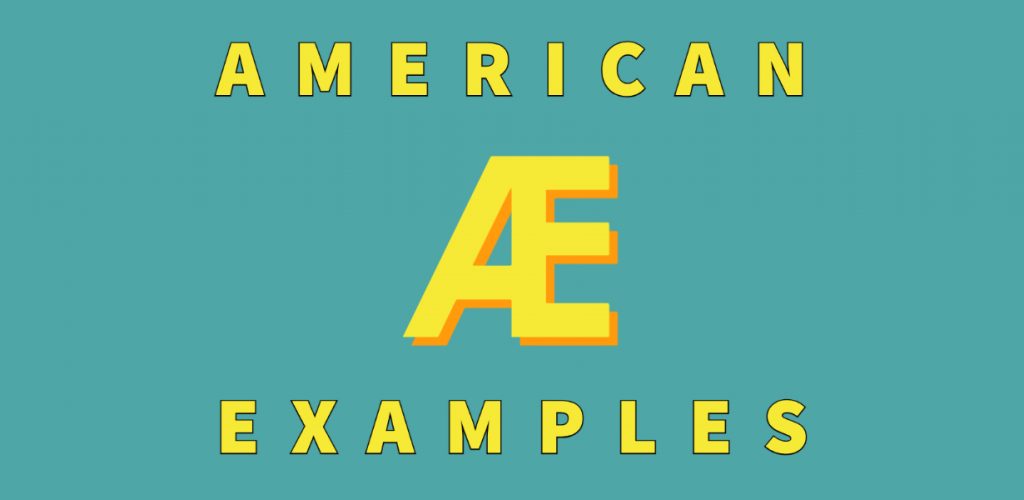
American Examples is a collaborative working group for early career scholars who study religion in America, broadly conceived, from a variety of disciplines. The program is generously funded by the Henry Luce Foundation. American Examples engages the study of religion in America across three areas: research, teaching, and public scholarship. Drawing on expertise from across the Department of Religious Studies at the University of Alabama, American Examples produces scholars whose work exceeds the academic and geographic boundaries of “American religion” or “American religious history.”
American Examples seeks applications for participants in its 2022 program. AE consists of three workshops, each with its own focus: research, public scholarship, and teaching. As COVID-19 continues to make planning difficult, we are currently planning to hold the three workshops virtually. The AE Steering Committee is closely monitoring the COVID situation and leaves the possibility of in-person meetings possible should conditions improve nationally and in Alabama.
Participants will be given a $750 stipend for their participation in the program.
The Workshops
(exact workshop dates will be set after the participants are selected)
Research (March 2022): A collaborative discussion of chapter length works in progress that will lead to the publication of an edited anthology of participants’ chapters with the University of Alabama Press.
Teaching (May 2022): A collaborative and engaging series of discussions and activities that will equip participants with new methods and pedagogy for teaching courses on religion in America. Participants will produce a syllabus through the workshop that will be added to our AE syllabus collection.
Public Scholarship (October 2022): An introduction to several digital tools for building public digital projects and presenting research to larger publics through digital platforms.
Participant Qualifications
American Examples seeks applications for participants from any untenured scholar who studies so-called “religion in America,” very broadly conceived. Applicants must have at least reached ABD status in their Ph.D. program. Ph.D candidates, non-TT instructors, adjuncts, scholars in libraries and alt-ac careers, and independent scholars are especially encouraged to apply. Thus, applicants can range from ABD Ph.D. students to tenure-track Assistant Professors. Likewise, scholars from a variety of disciplines including (but not limited to) religious studies, history, sociology, anthropology, English, and literature are encouraged to apply. Priority will be given to applicants who have not published a monograph and to those off the tenure track. Applicants from communities underrepresented in the academy are especially encouraged to apply.
Participant Requirements
Participants in the program are required to have a chapter length research project prepared to pre-circulate to the other workshop participants in early 2022. They should also be prepared to do preparatory reading or writing before and after the other two workshops. After the teaching workshop, for example, participants will submit a syllabus for an introductory course that will be added to our public AE syllabus collection.
Application Materials
Applicants to participate should send the following to AE Director Mike Altman via email at michael.altman@ua.edu. Applications are due October 31, 2021.
- 2-page CV
- Abstract of research project (no more than 1 page)
- A cover letter that expresses your interest in American Examples and answers the following questions:
- Why do you want to be a part of American Examples? What do you bring to the program? What do you hope to get out of it?
- How would your research project interest scholars beyond “American religion’?
- What larger theoretical questions does your research project, or you research more generally, ask and seek to answer?
- Applicants who are ABD should have their advisor email the AE director a brief note verifying their ABD status.